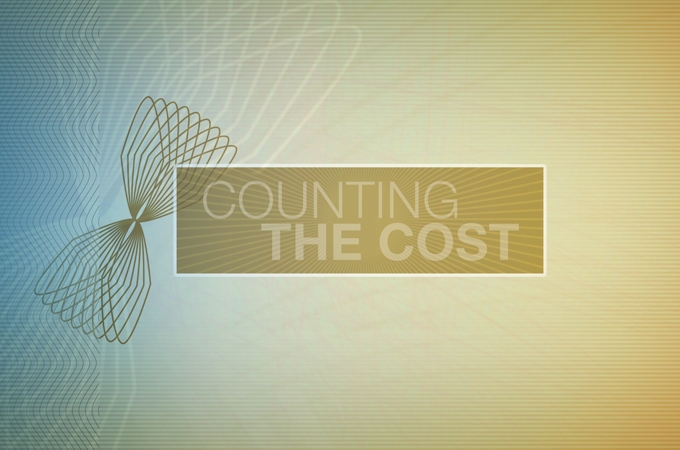
The marijuana economy
Could legalising the drug really lead to less crime and more revenue for states and governments?
Uruguay, not a country usually in the headlines, made a bit of history late last year when it became the first country in the world to legalise the growing, selling and consumption of marijuana.
Latin American nations have openly debated the legalisation of drugs as the US-led ‘war on drugs’ has widely been seen as a failure. Fed up with the crime and endless bloodshed, they hoped liberalisation would break the stranglehold of the drug cartels.
The move has not been met with outright condemnation in the US as some states there have also moved towards legalisation of the drug.
In the US, around 25 million people are considered active marijuana users, while almost 48 percent of the population have taken the drug at some point. Some 1.5 million people were arrested in 2011 for drug charges, and out of those arrests, marijuana accounted for about 750,000.
The US marijuana business is worth $113bn. And ‘business’ refers to the growth and usage for – amongst other things – medical use. More than $1.43bn worth of legal marijuana was sold in 2013, an amount which is estimated to increase by 64 percent this year to around $2.34bn.
However, most marijuana use remains underground, meaning the US tax authorities could be missing out on about $31bn in revenue. It is also important to note that more than $10bn is spent on enforcing marijuana laws, which takes the total potential loss to around $41bn.
So, could legalisation really lead to less crime and more revenue for states and governments?
To look at the potential pitfalls and the economic benefits of legalisation, and to discuss whether the marijuana trade really can be successful on a monetary level, we speak to Jeffrey Miron, an economist at Harvard University who is also an advocate for drug legalisation.
China vs Japan in Africa?
Across the seas in Asia, China and Japan have not been getting on very well recently.
Along with their territorial dispute in the East China Sea, China has now called Japan’s Prime Minister Shinzo Abe a “troublemaker” after his three-nation visit to Africa.
China is accusing Abe of hijacking its diplomatic efforts there. Al Jazeera’s Mohammed Adow picks up that story from Ethiopia.
Also on this episode of Counting the Cost, we take a look at Senegal’s agriculture sector.
Most Senegalese rely on imported powdered milk, but one innovative dairy cooperative on the border with Mauritania has highlighted the region’s potential to produce fresh milk. Nicolas Haque has the story.
Finally this week we go to Motor City: Detroit, where just a few years ago, the US auto industry was on its knees, after two of the big three automakers went into bankruptcy.
But now, sales and profits are roaring back, which means Detroit – which was also declared bankrupt last year – is making a comeback too. John Hendren reports on the big recovery.
And while the motor industry suffered some bankruptcies, including with manufacturers GM and Chrysler, another big player – Ford – took a different approach.
It scaled back its products and started making more technically advanced cars. Ali Velshi met Alan Mullay, the man brought in to turn Ford around.
Watch each week at the following times GMT: Friday: 2230; Saturday: 0930; Sunday: 0330; Monday: 1630. Click here for more Counting the Cost. Follow Kamahl Santamaria @KamahlAJE and business editor Abid Ali@abidoliverali |
